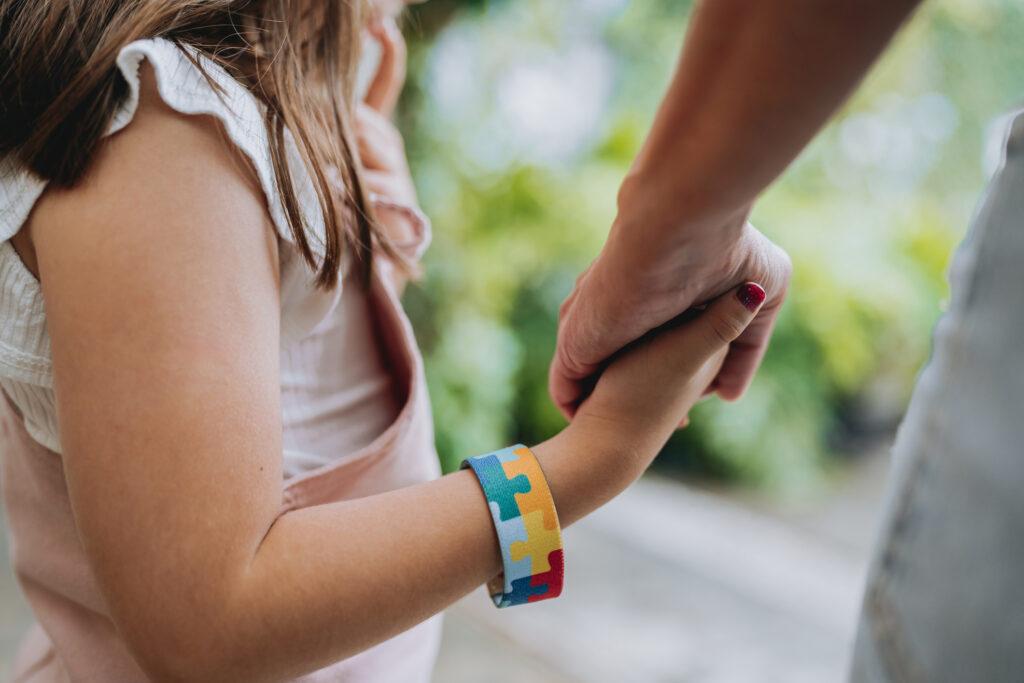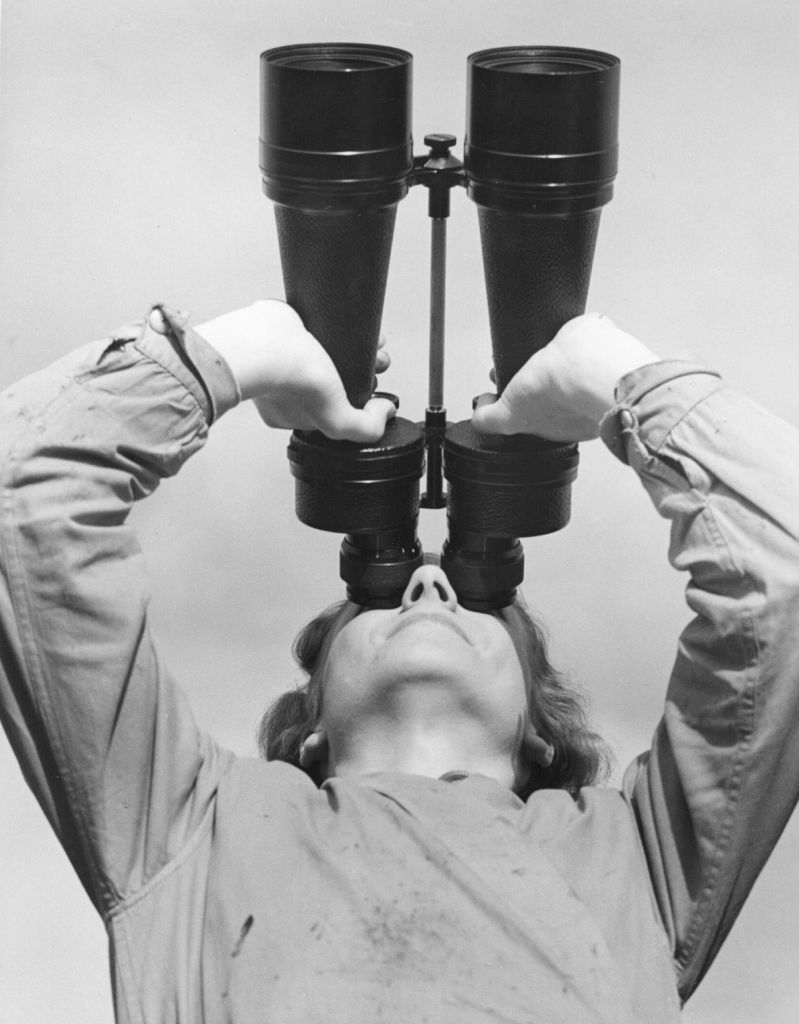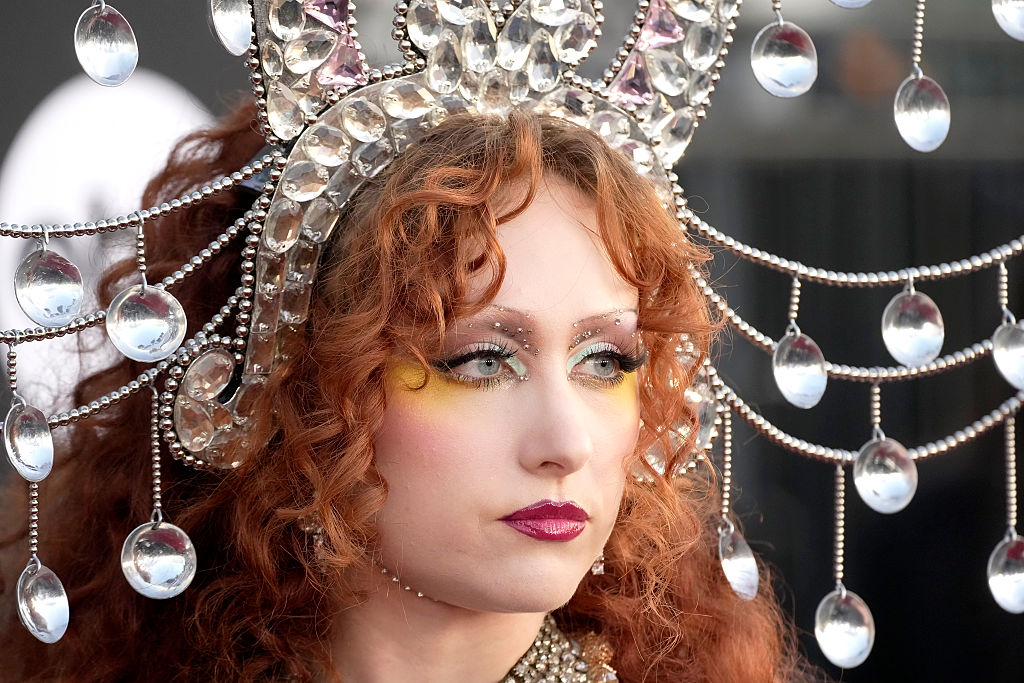Ellen DeGeneres Was Forbidden To Say This One Word On Her Talk Show…
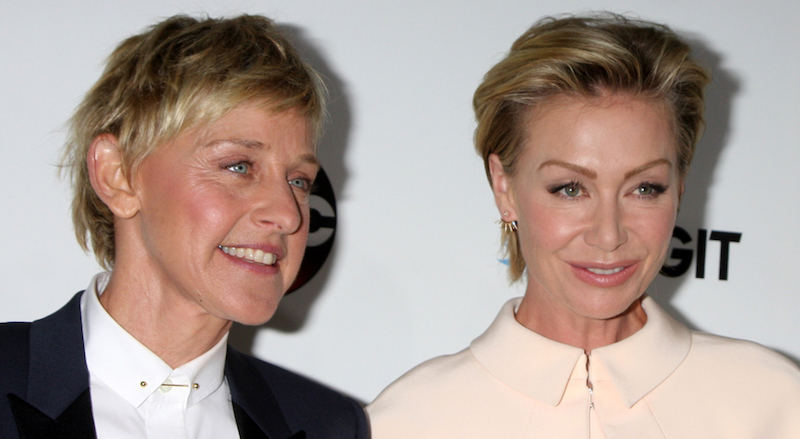
Ellen battled homophobia in Hollywood, once again.
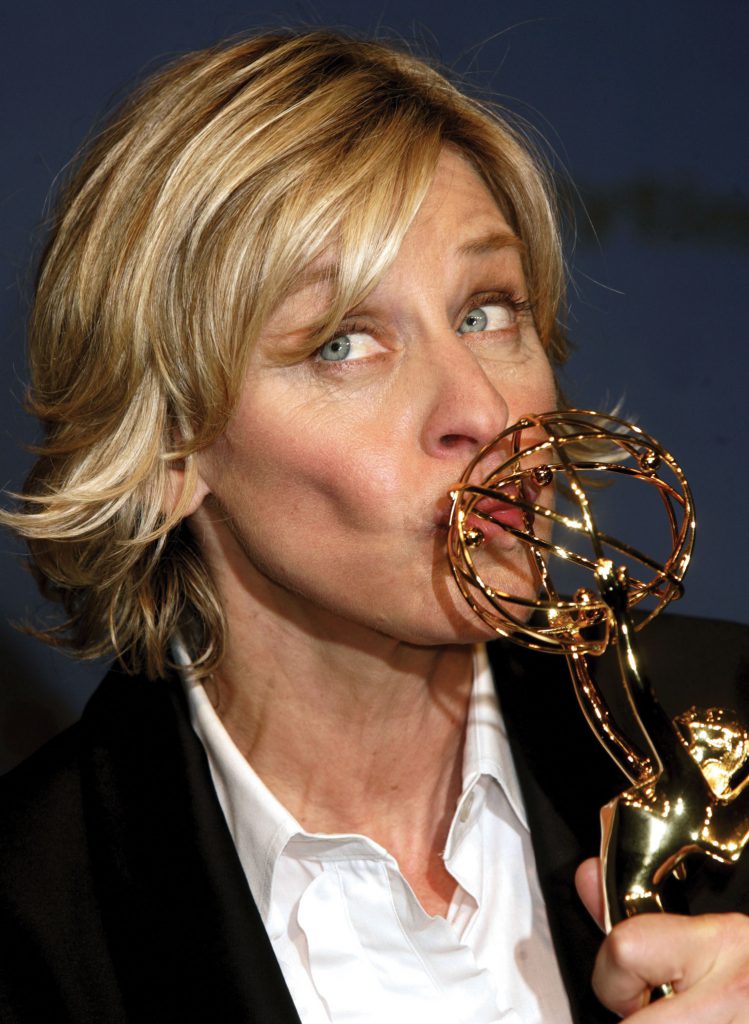
There are few people in the world that we unabashedly celebrate more than our collective lesbian icon Ellen DeGeneres. After all, she paved the way for so many of us by taking the ultimate risk in 1997, coming out as gay on her mainstream TV show. She sacrificed her successful career as an actor and a comedian so she could live her life honestly (Talk about taking one for the team, babes).
And sadly her show was canceled shortly after she took the plunge and came out. DeGeneres wasn’t a fixture in Hollywood for several years after that. We watched her success take a nose dive. It was devastating to all queer women with dreams of being in the entertainment industry (myself included).
Now DeGeneres is celebrating season 15 of her “The Ellen DeGeneres Show” and watching her soar has been one of the most gratifying, wonderful things to watch! She has her own talk show and it’s one of the most popular daytime shows to ever exist. And she’s out. She sold a daytime talk show as an out lesbian.
And it appears to have been an easy ride from the jump, doesn’t it?
Apparently, it wasn’t as easy as meets the eye for DeGeneres to her renew her career with her show. On Tuesday she opened up to Ryan Seacrest about the homophobic hardships she faced when the show premiered back in September 2003.
DeGeneres confessed she was forbidden from saying the word “we” on her show. Yes, kittens. The word “we.” She explained to Seacrest,
“This was a show that nobody wanted to buy. They really didn’t think anyone would watch a lesbian during the day and, at the time, no one wanted to see a lesbian at night either. So I was really out of options. I remember there was something that happened to my finger, and I was in a relationship and I was going to say ‘we,’ and they wouldn’t let me say ‘we’ because somebody would all of a sudden picture a woman in my life.”
Being advised to not even mention that she had a partner because it would allegedly repel Americans, was painful, to say the least.
“It felt horrible because I had worked so hard to be truthful and to come to terms with my shame of hiding something that I knew was not wrong, but society was telling me was wrong. So I thought, ‘First of all, I lost a lot of the audience because I came out, and then I’m going to now lose the audience that supports me—that is gay or supportive—because I’m going to hide it.”
“It’s a hard balance,” Ellen confessed. “I know this is a business, and I know that I have to appeal to everyone, but I think what’s more appealing than anything is honesty.”
We agree, Ellen. And clearly, so do the millions of Americans who trust you and avidly watch your authentic, hyper-successful talk-show.
Check out Ellen’s full interview here.
Are you following us on Facebook? Twitter? Instagram? You should.







